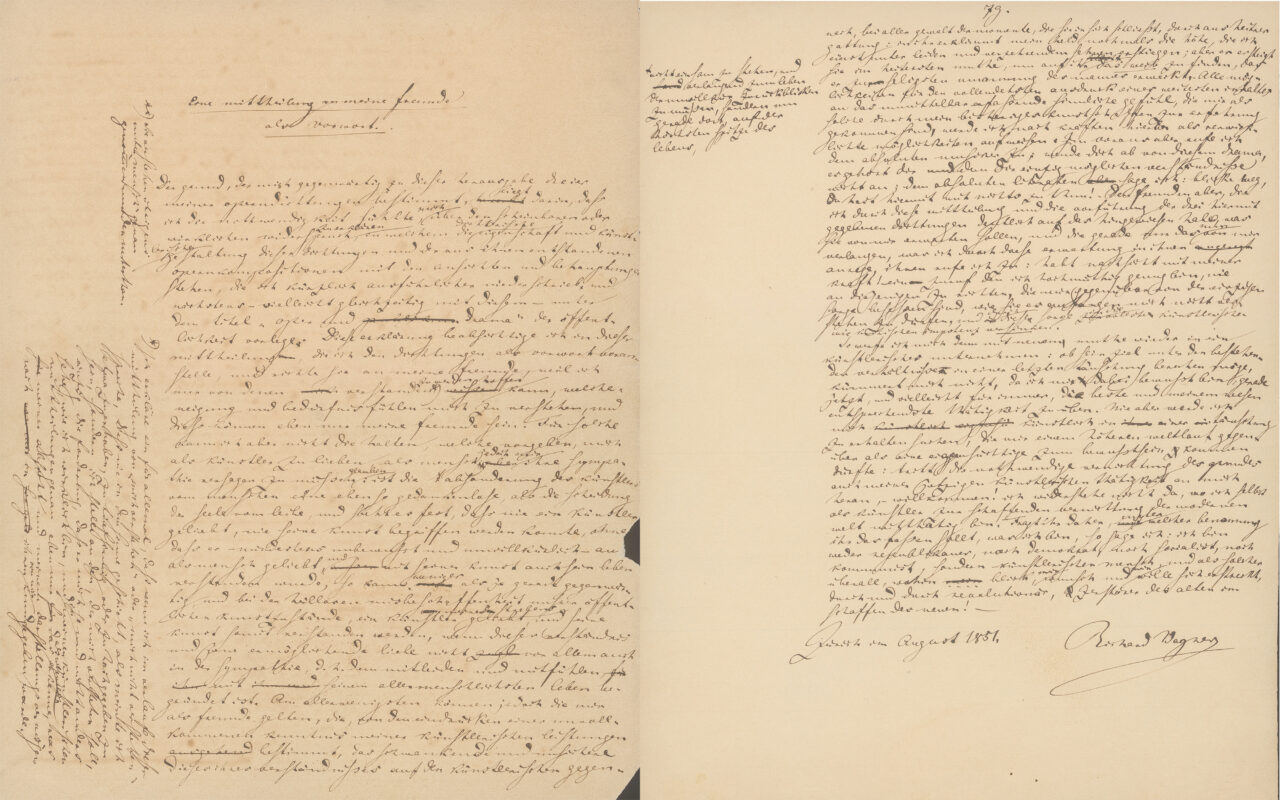Aesthetic reactions under the magnifying glass
The Aesthetic Responsiveness Assessment (AReA) developed by a research team at the Max Planck Institute for Empirical Aesthetics facilitates the selection of samples for studies on the impact of art.

With the aim of enabling a rapid assessment of general aesthetic responsiveness, a research team at the Max Planck Institute for Empirical Aesthetics has developed a method that should make it easier to select samples for studies in the future. The so-called Aesthetic Responsiveness Assessment (AReA) makes it possible to differentiate between people who regularly react intensely to works of art and those who rarely experience more than an everyday appreciation of aesthetic objects.
The scale is based on a questionnaire that was compiled with the aim of identifying people who react particularly to aesthetic stimuli and are therefore suitable for participation in a study. How strongly a person reacts to music, visual arts and poetry can be determined with the AReA scale within the categories "Aesthetic Appreciation", "Intense Aesthetic Experience" and "Creative Behavior" and can be used for the selection of particularly responsive samples.
The assessment procedure was tested with almost 800 participants in studies in the United States and Germany and can be carried out equally in both languages. The publication has appeared in the journal Psychology of Aesthetics, Creativity, and the Arts of the American Psychological Association.
Original publication:
Schlotz, W., Wallot, S., Omigie, D., Masucci, M. D., Hoelzmann, S. C., & Vessel, E. A. (2020). The Aesthetic Responsiveness Assessment (AReA): A screening tool to assess individual differences in responsiveness to art in English and German. Psychology of Aesthetics, Creativity, and the Arts. Advance online publication. https://doi.org/10.1037/aca0000348
Link to the picture







